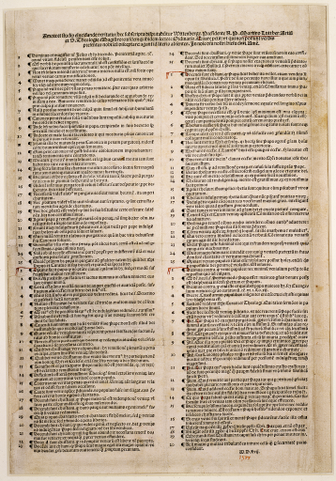Annie Proulx (wiki here, Brokeback Mountain author) 2017 acceptance speech for lifetime achievement (Medal for Distinguished Contribution to American Letters). I like this from it
"The happy ending still beckons, and it is in hope of grasping it that we go on." Full speech below. The video below is her take on the publishing industry from a 2014 speech.
This 2016 Telegraph article is also insightful reading:
"Proulx doesn’t like to talk about her personal life, and sharply deflects enquiries about her three marriages and four children. When I ask how long she has lived by herself, however, she responds enthusiastically. ‘Like many older women, I have discovered the absolute luxury of living alone, and being master of one’s time – important if you are a writer.
'Freed from the tyranny of table and closet, there is time to observe and think. If one longs for company, there are friends and relatives. Nothing and no one could persuade me to give up voluntary solitude.’"
....
"‘Curiosity is what drives me,’ she says. ‘I am interested in everything, and all the people I know and like have fierce passions for places and things. I never thought it was peculiar or abnormal to be this way when I was younger, but I’ve learnt differently. Most people are remarkably incurious.’"
...
I agree. I wish this for my children. S. has an idiosyncratic curiosity - sometimes narrow, but often quizzical, and I'd love for him to keep it as a strength not a weakness. Same for O. I wsh they could teach curiosity, empathy and creativity more at school; and rote learning, less or even not at all.
...
Although this award is for lifetime achievement, I didn’t start writing until I was 58, so if you’ve been thinking about it and putting it off, well…
[ ]
We don’t live in the best of all possible worlds. This is a Kafkaesque time. The television sparkles with images of despicable political louts and sexual harassment reports. We cannot look away from the pictures of furious elements, hurricanes and fires, from the repetitive crowd murders by gunmen burning with rage. We are made more anxious by flickering threats of nuclear war. We observe social media’s manipulation of a credulous population, a population dividing into bitter tribal cultures. We are living through a massive shift from representative democracy to something called viral direct democracy, now cascading over us in a garbage-laden tsunami of raw data. Everything is situational, seesawing between gut-response “likes” or vicious confrontations. For some this is a heady time of brilliant technological innovation that is bringing us into an exciting new world. For others it is the opening of a savagely difficult book without a happy ending.
To me the most distressing circumstance of the new order is the accelerating destruction of the natural world and the dreadful belief that only the human species has the inalienable right to life and God-given permission to take anything it wants from nature, whether mountaintops, wetlands or oil. The ferocious business of stripping the earth of its flora and fauna, of drowning the land in pesticides again may have brought us to a place where no technology can save us. I personally have found an amelioration in becoming involved in citizen science projects. This is something everyone can do. Every state has marvelous projects of all kinds, from working with fish, with plants, with landscapes, with shore erosions, with water situations.
Yet somehow the old discredited values and longings persist. We still have tender feelings for such outmoded notions as truth, respect for others, personal honor, justice, equitable sharing. We still hope for a happy ending. We still believe that we can save ourselves and our damaged earth—an indescribably difficult task as we discover that the web of life is far more mysteriously complex than we thought and subtly entangled with factors that we cannot even recognize. But we keep on trying, because there’s nothing else to do.
The happy ending still beckons, and it is in hope of grasping it that we go on. The poet Wisława Szymborska caught the writer’s dilemma of choosing between hard realities and the longing for the happy ending. She called it “consolation.” Darwin: They say he read novels to relax, but only certain kinds—nothing that ended unhappily. If he happened on something like that, enraged, he flung the book into the fire. True or not, I’m ready to believe it. Scanning in his mind so many times and places, he’s had enough with dying species, the triumphs of the strong over the weak, the endless struggle to survive, all doomed sooner or later. He’d earned the right to happy ending, at least in fiction, with its micro-scales.
Hence the indispensable silver lining, the lovers reunited, the families reconciled, the doubts dispelled, fidelity rewarded, fortunes regained, treasures uncovered, stiff-necked neighbors mending their ways, good names restored, greed daunted, old maids married off to worthy parsons, troublemakers banished to other hemispheres, forgers of documents tossed down the stairs, seducers scurried to the altar, orphans sheltered, widows comforted, pride humbled, wounds healed, prodigal sons summoned home, cups of sorrow tossed into the ocean, hankies drenched with tears of reconciliation, general merriment and celebration, and the dog Fido, gone astray in the first chapter, turns up barking gladly in the last. Thank you.























